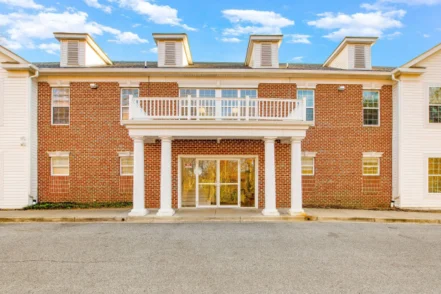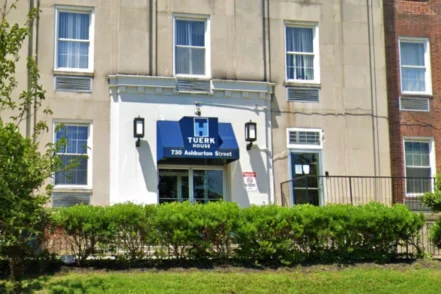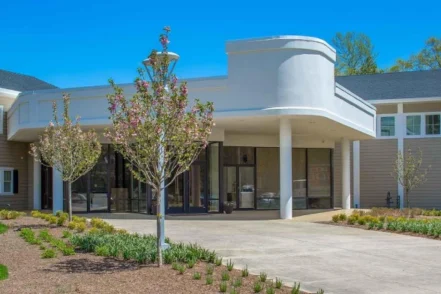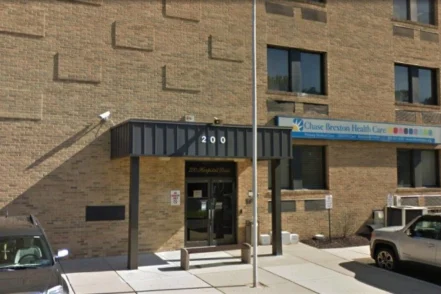About Baltimore Crisis Response
If you or a loved one are struggling with addiction and mental health issues, Baltimore Crisis Response can help. We offer a variety of services including dual diagnosis, adult and elderly rehab, young adult rehab, inpatient rehab, cognitive behavioral therapy, experiential therapy, group therapy, individual therapy, and trauma therapy. We personalized each treatment plan to meet the unique needs of our patients. We are here to help you heal and recover, and we will work with you every step of the way.
Addiction Treatment Programs
Dual Diagnosis
For many people in Maryland, dual diagnosis treatment that addresses mental health and substance use is essential to their recovery. Part of treatment will include managing your mental health symptoms so you aren’t tempted to use substances to self-medicate. This can be done without counseling and medication.
Adult Program
Adult program programs in Maryland address the specific needs of this stage of life. These treatment programs offer detox, inpatient treatment, and outpatient care tailored to the specific needs and challenges of adults.
Senior Rehab
Adults who are older have different needs than younger generations. A senior rehab in Maryland can give you the tools you need to overcome addiction. These treatment programs offer detox, inpatient treatment, and outpatient care tailored to the unique needs and challenges of older adults, such as chronic pain, mental health concerns, and more.
Young Adult Rehab
A young adult rehab in Maryland addresses the recovery needs of clients in this life stage and gives them the tools they need to succeed. These treatment programs offer detox, inpatient treatment, and outpatient care tailored to the unique needs and challenges of young adults.
Insurance Coverage
Medicaid
One way to pay for rehab in Maryland is to use Medicaid if you qualify for the coverage. You can access multiple types of treatment in centers that accept Medicaid, including detox, inpatient, and outpatient care.
Financing available
How do you pay for rehab in Maryland? A good option is to find out if financing options are available. You can use financing to pay for detox, inpatient rehab, outpatient care, and more. Options include grants, scholarships, and medical loans.
Levels of Care
- 1
Inpatient Rehab
If you’re starting out on your recovery journey, inpatient treatment can give you the focused, supportive environment you need to build a solid foundation. Building a new life for yourself is challenging, and the focused, uninterrupted treatment you receive during inpatient care can help you lay that foundation.
Therapies
Cognitive Behavior Therapy
Receiving cognitive behavioral therapy in Maryland helps you identify your automatic interpretations of situations and how that impacts your behavior. Learning which thought distortions you are most susceptible to can help you challenge unhelpful thoughts, create better interpretations of situations, and choose healthier responses.
Experiential Therapy
Experiential therapy allows you to use activities such as art and music to express your emotions and work through trauma. During treatment, you may take part in art projects, musical expression, or physical challenges like an obstacle course. These allow you to process emotions in a non-traditional way.
Group Therapy
If you struggle with addiction in Maryland, it’s common to feel like no one understands you. Group therapy can help you find common perspectives and support. Some of the topics covered in group therapy include overcoming shame and guilt, improving communication, developing healthy coping skills, and building a support network.
Individual Therapy
In Maryland, individual therapy allows you to work one-on-one with a professional to address your past experiences and substance use triggers. This support and accountability help you establish recovery. Individual therapy sessions generally last 60 minutes and may include discussing a specific issue, education about specific topics, or developing life skills.
Trauma Therapy
When you’ve experienced trauma, it’s natural to try to protect yourself from further harm. Trauma-informed therapy in Maryland can help you see how substance use is connected to your past experiences and how you can learn to care for yourself in healthier ways. Trauma-informed therapy is a normal part of evidence-based treatment programs and may be a part of inpatient treatment, outpatient care, or both. Methods include sharing of experiences, peer support, mindfulness practices, and more.
Location
Contact Baltimore Crisis Response
Top Drug Rehab Centers in Maryland
-
 Maryland
MarylandAvenues Recovery Center at Prince Frederick
125 Fairground Road Prince Frederick, Maryland 20678
-
 Maryland
MarylandTuerk House Baltimore
730 Ashburton Street Baltimore, Maryland 21216
-
 Maryland
MarylandRecovery Centers of America Capital Region
11100 Billingsley Rd Waldorf, Maryland 20602
-
 Maryland
MarylandMaryland Addiction Recovery Center
8600 Lasalle Road, Suite 212 Towson, Maryland 21286
-
 Maryland
MarylandAshley Addiction Treatment Havre De Grace
800 Tydings Lane Havre De Grace, Maryland 21078
-
 Maryland
MarylandMountain Manor Treatment Center Emmitsburg
9701 Keysville Road Emmitsburg, Maryland 21727
-
 Maryland
MarylandTranquility Woods Treatment
171 A Ryan Road Pasadena, Maryland 21122
-
 Maryland
MarylandA Helping Hand Health Services
6401 Dogwood Road, Suite 201 Pikesville, Maryland 21207
-
 Maryland
MarylandChase Brexton Health Care Glen Burnie
200 Hospital Drive, Suite 300 Glen Burnie, Maryland 21061